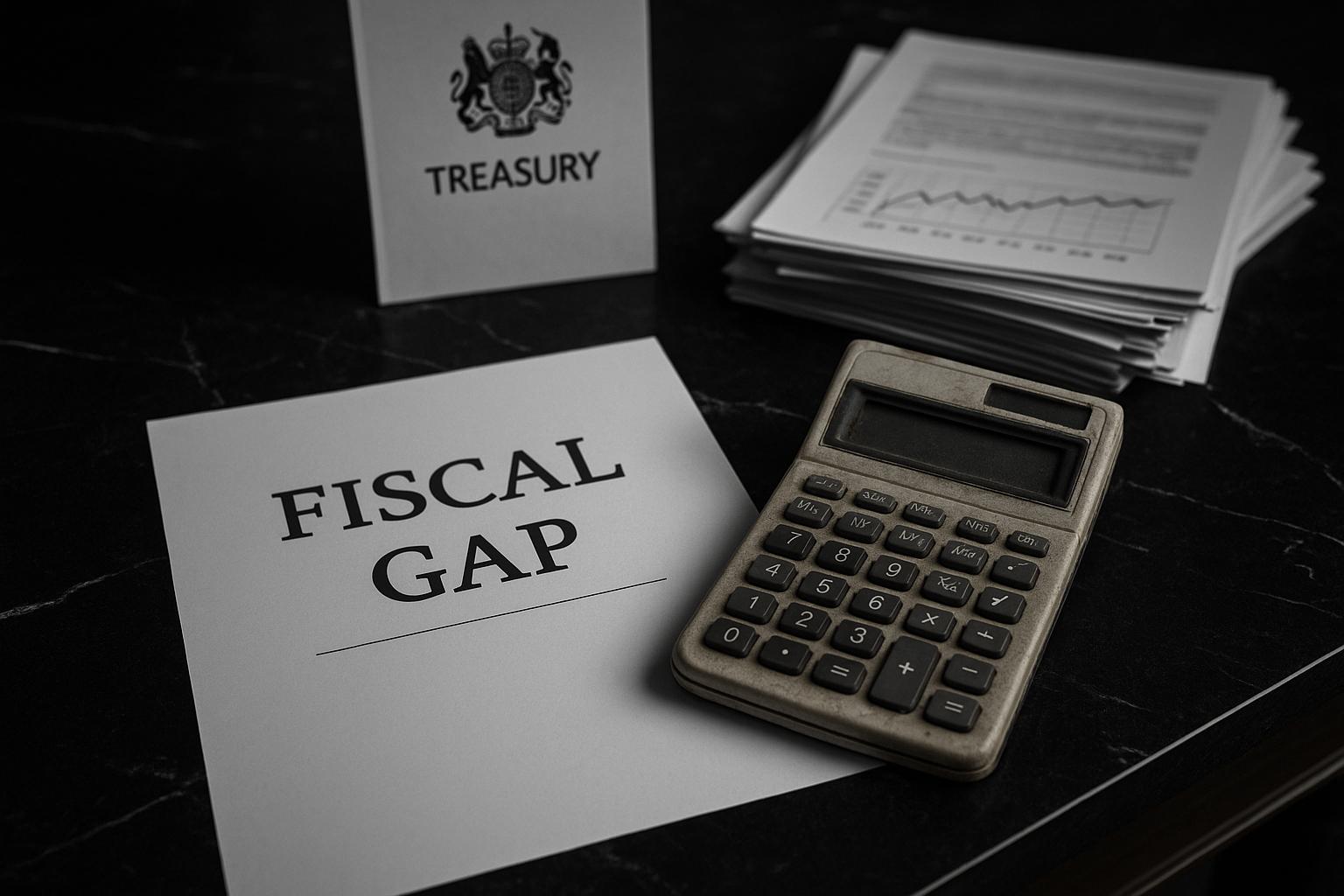Chancellor Rachel Reeves has vowed to "defy" the gloomy economic forecasts ahead of her Budget next month, despite the government facing a significantly larger-than-expected hole in the public finances. The Office for Budget Responsibility (OBR) is set to downgrade the UK's productivity performance for the first time—a key metric that measures economic output per hour worked. This revision is expected to widen the fiscal gap by around £20 billion or potentially more, complicating efforts to meet the chancellor's self-imposed tax and spending rules.
In a candid article published in The Guardian, Reeves acknowledged the expected downgrade but emphasised that she would not "pre-empt" the official forecasts. She stressed that the productivity performance inherited from the previous Conservative government and since the financial crisis has been "too weak," a factor that has left the UK's economic position more fragile than anticipated. Reeves attributed the UK’s current economic challenges to a combination of austerity policies, the disruptive impact of Brexit, and the Covid-19 pandemic, describing these as "deep scars" still affecting the British economy.
Industry analysts, particularly economists at the Institute for Fiscal Studies, have projected a possible shortfall exceeding £20 billion, with some estimates suggesting the gap could reach as high as £30 billion. Treasury officials reportedly expect the OBR to reduce its productivity growth forecast by around 0.3 percentage points, a sharper downgrade than previously forecast. This would place greater pressure on Reeves to consider substantial tax increases or spending cuts to restore fiscal balance. Such moves risk affecting public services and economic growth prospects, raising concerns about the government's approach to managing the nation's finances.
Chancellor Reeves has indicated that she is determined to resist a "return to austerity," signalling her intention to focus on investment as the solution to the UK’s productivity issues. She pledged increased spending on NHS services, infrastructure projects including roads and rail, energy, and defence—all aimed at stimulating economic growth and raising productivity. Reeves frames investment as the path to "get Britain building" and to secure a more prosperous future, pushing back against the notion that the UK must accept bleak economic forecasts as inevitable.
However, with the government’s borrowing limits firmly in place to maintain credibility with global financial markets, the options available to Reeves are constrained. If she rules out additional borrowing and cutting public spending, tax rises appear the most likely measure to bridge the fiscal gap. This would follow her previous Budget announcement, which included £40 billion in tax increases such as higher National Insurance Contributions for employers—a package she had insisted would be the last major tax hike.
As the Autumn Budget approaches, speculation grows over the precise shape of the fiscal measures Reeves will adopt amid these challenging circumstances. The chancellor’s willingness to openly confront the legacy of past policies and emphasise investment marks a rhetorical shift, yet the need to reconcile ambitious spending plans with tightening fiscal space will be a defining challenge for her economic agenda.
📌 Reference Map:
- Paragraph 1 – [1] BBC News, [2] Evening Standard
- Paragraph 2 – [1] BBC News, [4] Evening Standard
- Paragraph 3 – [3] Evening Standard, [7] Evening Standard
- Paragraph 4 – [1] BBC News, [2] Evening Standard, [6] Evening Standard
- Paragraph 5 – [1] BBC News, [2] Evening Standard
- Paragraph 6 – [1] BBC News, [3] Evening Standard, [7] Evening Standard
- Paragraph 7 – [1] BBC News, [4] Evening Standard
Source: Noah Wire Services
